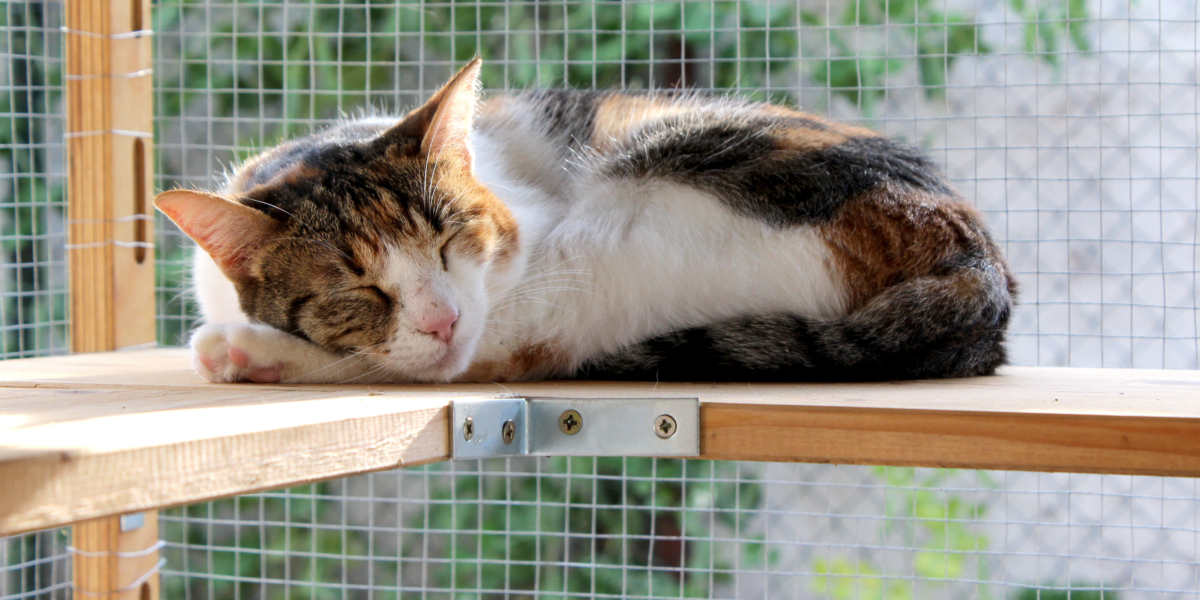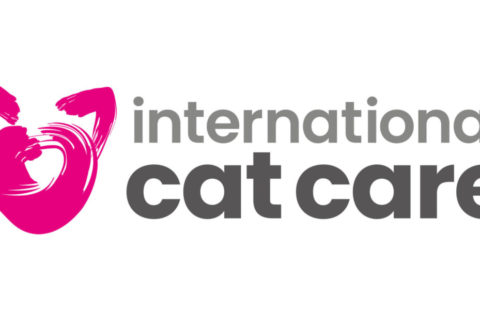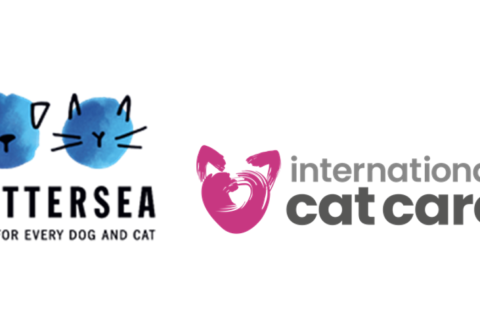International Cat Care and its veterinary division, the International Society of Feline Medicine (ISFM), are aware of an outbreak of Feline Infectious Peritonitis (FIP) in Cyprus that has affected an increasing number of cats since January 2023.
This is extremely concerning for the cat population, veterinary professionals, cat owners and caregivers of Cyprus, and poses a risk for cats in other countries, such as the UK, from where cats and their caregivers regularly travel. Generally, FIP is reported at around 1% of the feline population, but in outbreak situations, a 40-50% prevalence of FIP has been reported. The outbreak of FIP in Cyprus has spread quickly, including to indoor cats, which suggests a highly virulent strain of feline coronavirus is present on the island.
FIP is a disease caused by infection with a virus known as feline coronavirus. Though infection with feline coronavirus is very common, most cats show little to no sign of illness, and only a small number of cats infected with the virus typically go on to develop a disease called FIP – due to virus mutating and how their immune system interacts with the virus. Recent research into the outbreak in Cyprus (November 2023) has suggested the strain of coronavirus causing this outbreak is more likely to cause FIP than normal coronaviruses, because it seems to cause the illness without needing to mutate (change) within the infected cat.
This makes it even more important to maintain hygiene and reduce the movement of cats from Cyprus into other countries without testing for the virus. Hygiene measures may include keeping cats indoors and avoiding cats having contact with other cats’ faeces (as this is how the virus spreads). Good environmental hygiene (especially of litter trays but also brushes, food and water bowls) and avoiding housing cats in large groups can help reduce the risk of disease, particularly in rescue and rehoming facilities. The virus is readily inactivated by most detergents and disinfectants.
Stress plays a role in the development of FIP, so considering a cat’s environment and the number of cats remains important. The virus found in Cyprus has also been identified in a cat that travelled to the UK and developed FIP. Further investigation is needed, but movement of cats should be minimised without appropriate testing. Cat owners are advised against travelling with cats to and from Cyprus where possible to avoid spreading the virus – this includes the adoption of unowned/stray cats. If travel is deemed essential, testing for feline coronavirus should be discussed with a veterinarian, and the University of Edinburgh can offer further advice.
Thankfully, legal sources of anti-viral treatment options which have been shown to be effective for the treatment of FIP are available, including remdesivir and GS-44152, are now available in Cyprus. However, the use will be limited by cost, particularly for the unowned/stray cat population.
The University of Edinburgh is currently working with veterinarians in Cyprus, and is in the process of sequencing the new viral strain associated with the current outbreak, which will help provide more information about its spread and control.
There are no reports of feline coronavirus infecting humans. Feline coronavirus belongs to the α-coronavirus genus and is taxonomically distant from SARS-CoV-2, a member of the β-coronavirus genus and the causative agent of coronavirus disease 2019 (COVID-19).
For more information on FIP, including treatment, visit: https://icatcare.org/advice/feline-infectious-peritonitis-fip/
For more information on the Cyprus outbreak, contact Prof Danielle Gunn-Moore: [email protected]






